- Government of Montenegro
Ministry of Education, Science and Innovation Marie Skłodowska-Curie Individual Fellowships – Be...
Please note: The page below represents the archived content relating to the previous Government of Montenegro. Some of the information might be inaccurate or outdated.
Archive
Marie Skłodowska-Curie Individual Fellowships – Best Practice Day: Fellow Dr. Radenka Krsmanović Whiffen talks to interested candidates
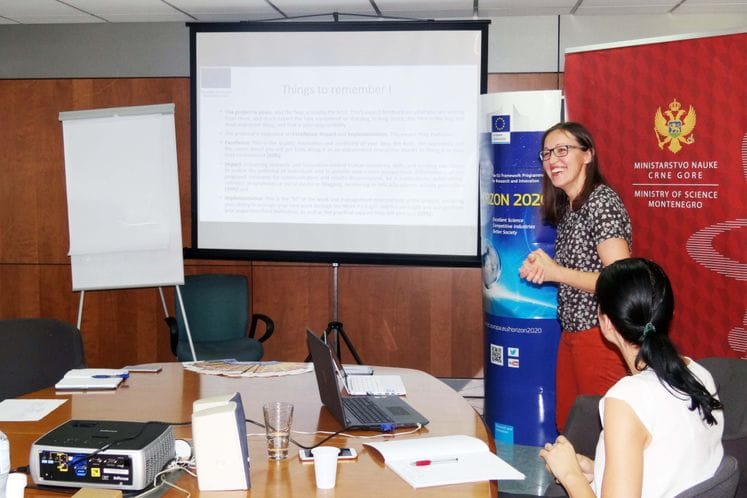
Published on: Jul 12, 2018 • 5:13 PM Author: Ministry of Science
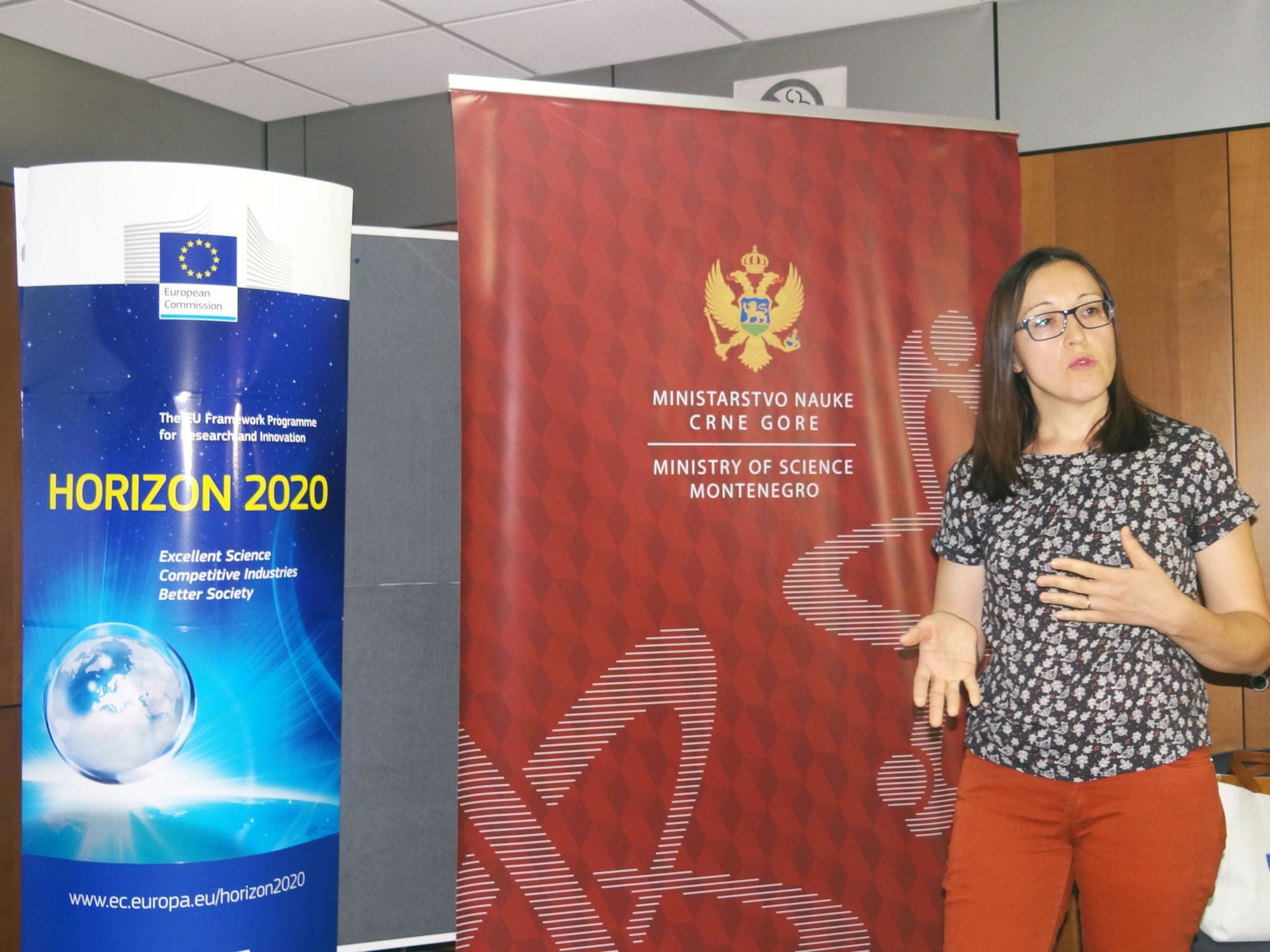
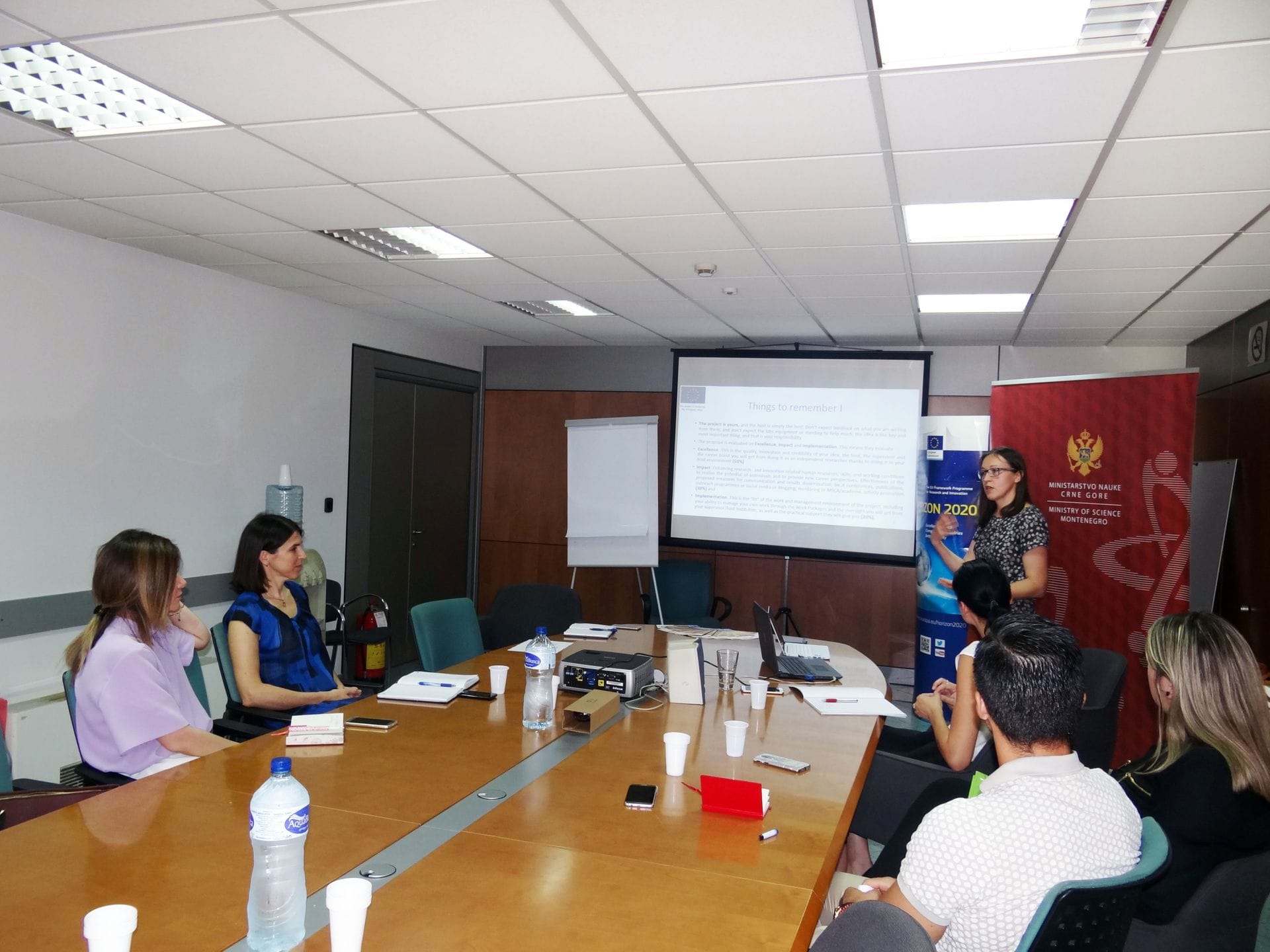
An MSCA Individual Fellow, Dr. Radenka Krsmanović Whiffen, was our special guest at the Best Practice Day, which took place today at the premises of the Ministry of Science, presenting her experience of obtaining this prestigious fellowship to interested candidates.
Dr. Krsmanović Whiffen will complete her MSCA IF, received for her project “ZnS Wurtzite Nanotextured Ceramic Materials for Pyroelectric Energy Harvesting” *, at ENEA Casaccia Research Centre in Rome, Italy. During the event, she familiarized the researchers with the process and preparation of the project application, pointing out the key segments that evaluators pay attention to when evaluating project ideas and explaining why it is important to make a good choice of both the host institution and the supervisor when applying for the fellowship.
Furthermore, Dr. Krsmanović Whiffen drew attention to the details that are most relevant when writing the application, such as an elegant and simple writing style, relevant CVs that should show that the fellow and the supervisor have the experience needed for the implementation of the proposed research project, and a logical flow of ideas in the application, so that the evaluators can easily follow the text. In addition, she pointed out that it is important to follow the priorities of the European Commission’s agenda and to align your project idea with them.
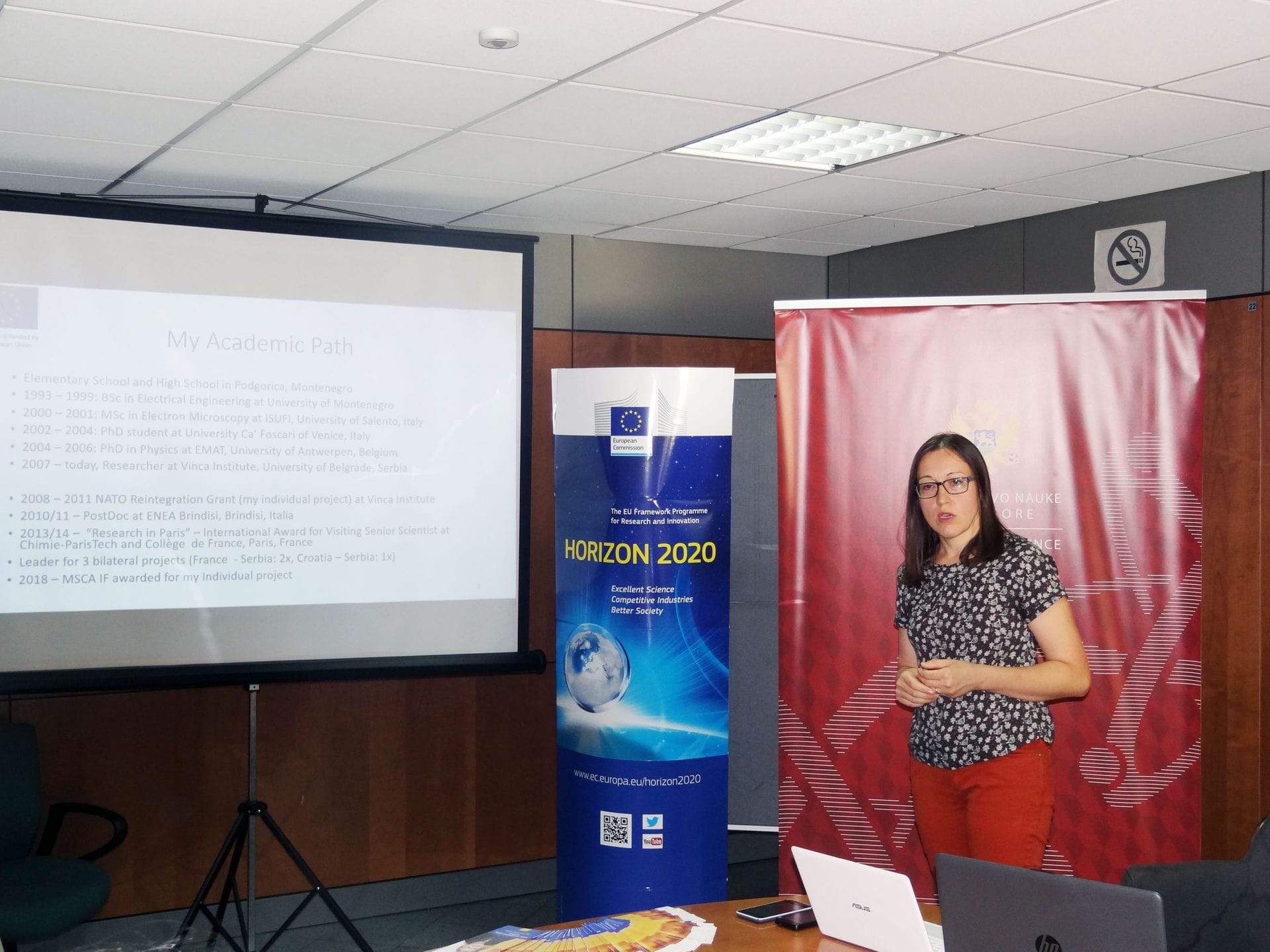
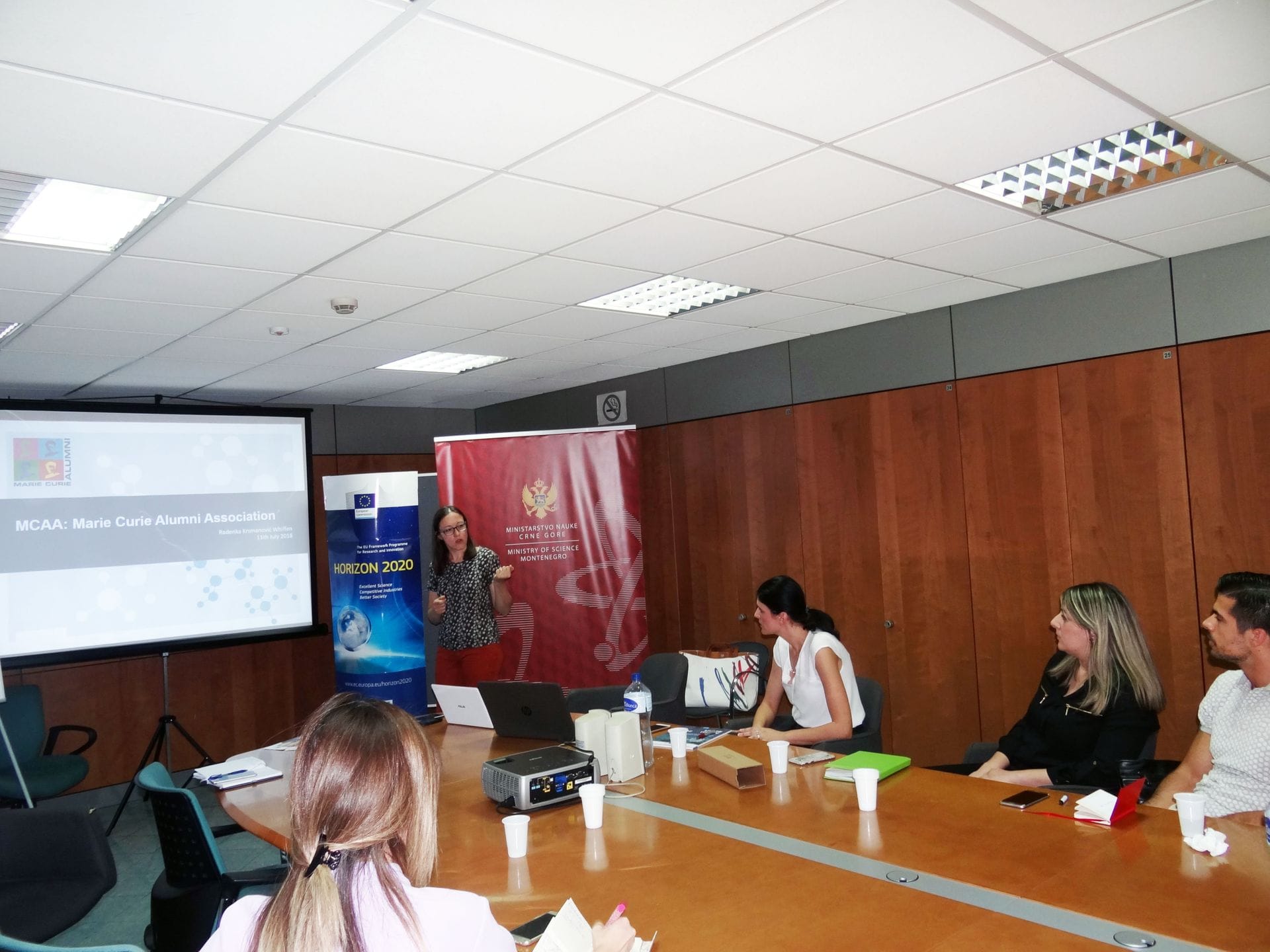
Dr. Krsmanović Whiffen will complete her MSCA IF, received for her project “ZnS Wurtzite Nanotextured Ceramic Materials for Pyroelectric Energy Harvesting” *, at ENEA Casaccia Research Centre in Rome, Italy. During the event, she familiarized the researchers with the process and preparation of the project application, pointing out the key segments that evaluators pay attention to when evaluating project ideas and explaining why it is important to make a good choice of both the host institution and the supervisor when applying for the fellowship.
Furthermore, Dr. Krsmanović Whiffen drew attention to the details that are most relevant when writing the application, such as an elegant and simple writing style, relevant CVs that should show that the fellow and the supervisor have the experience needed for the implementation of the proposed research project, and a logical flow of ideas in the application, so that the evaluators can easily follow the text. In addition, she pointed out that it is important to follow the priorities of the European Commission’s agenda and to align your project idea with them.


The participants also had a chance to learn more about the Marie Curie Alumni Association – MCAA and the newly established Western Balkans MCAA Group within it, founded and managed by Dr. Krsmanović Whiffen. The MCAA is a global network of researchers, established with the aim of facilitating the exchange of researchers’ views and enhancing the flow of knowledge between different countries, economic sectors, and scientific disciplines, as well as encouraging networking and cooperation among MCAA members and external stakeholders and serving as a forum for debate and discussion for both researchers and citizens. Dr. Krsmanović Whiffen invited all MSCA participants from Montenegro to join the MCAA and the Western Balkans MCAA Group.
The participants in the Best Practice Day were also addressed, via online conference, by Milena Vujanović, a fellow of the ITN Fellowship for Young Researchers within the Marie Skłodowska-Curie Action. Milena is currently at the University of Liverpool and is working on the AVA project (Accelerators validating antimatter). AVA represents a network formed between universities, scientific centres (such as CERN) and business. The project is funded by the European Union and enables revolutionary research in the field of antimatter. Milena graduated from the University of Montenegro – Faculty of Mathematics and Natural Sciences, and three years ago she applied to participate in CERN’s Summer School for Physics students, which provided her with opportunities for new scientific experiences.
This year, the European Commission published the MSCA Call for Individual Fellowships on 12 April 2018. All the necessary information, as well as a presentation on the Fellowship, are available at the following website:
http://www.mna.gov.me/ministarstvo/Horizont2020/183948/H2020-Marija-Sklodovska-Kiri-Akcije-Poziv-za-Individualne-stipendije-otvoren.html
The presentations given by Dr. Radenka Krsmanović Whiffen are available here:
The participants in the Best Practice Day were also addressed, via online conference, by Milena Vujanović, a fellow of the ITN Fellowship for Young Researchers within the Marie Skłodowska-Curie Action. Milena is currently at the University of Liverpool and is working on the AVA project (Accelerators validating antimatter). AVA represents a network formed between universities, scientific centres (such as CERN) and business. The project is funded by the European Union and enables revolutionary research in the field of antimatter. Milena graduated from the University of Montenegro – Faculty of Mathematics and Natural Sciences, and three years ago she applied to participate in CERN’s Summer School for Physics students, which provided her with opportunities for new scientific experiences.
This year, the European Commission published the MSCA Call for Individual Fellowships on 12 April 2018. All the necessary information, as well as a presentation on the Fellowship, are available at the following website:
http://www.mna.gov.me/ministarstvo/Horizont2020/183948/H2020-Marija-Sklodovska-Kiri-Akcije-Poziv-za-Individualne-stipendije-otvoren.html
The presentations given by Dr. Radenka Krsmanović Whiffen are available here:
MCAA _WB_RKW.pdf
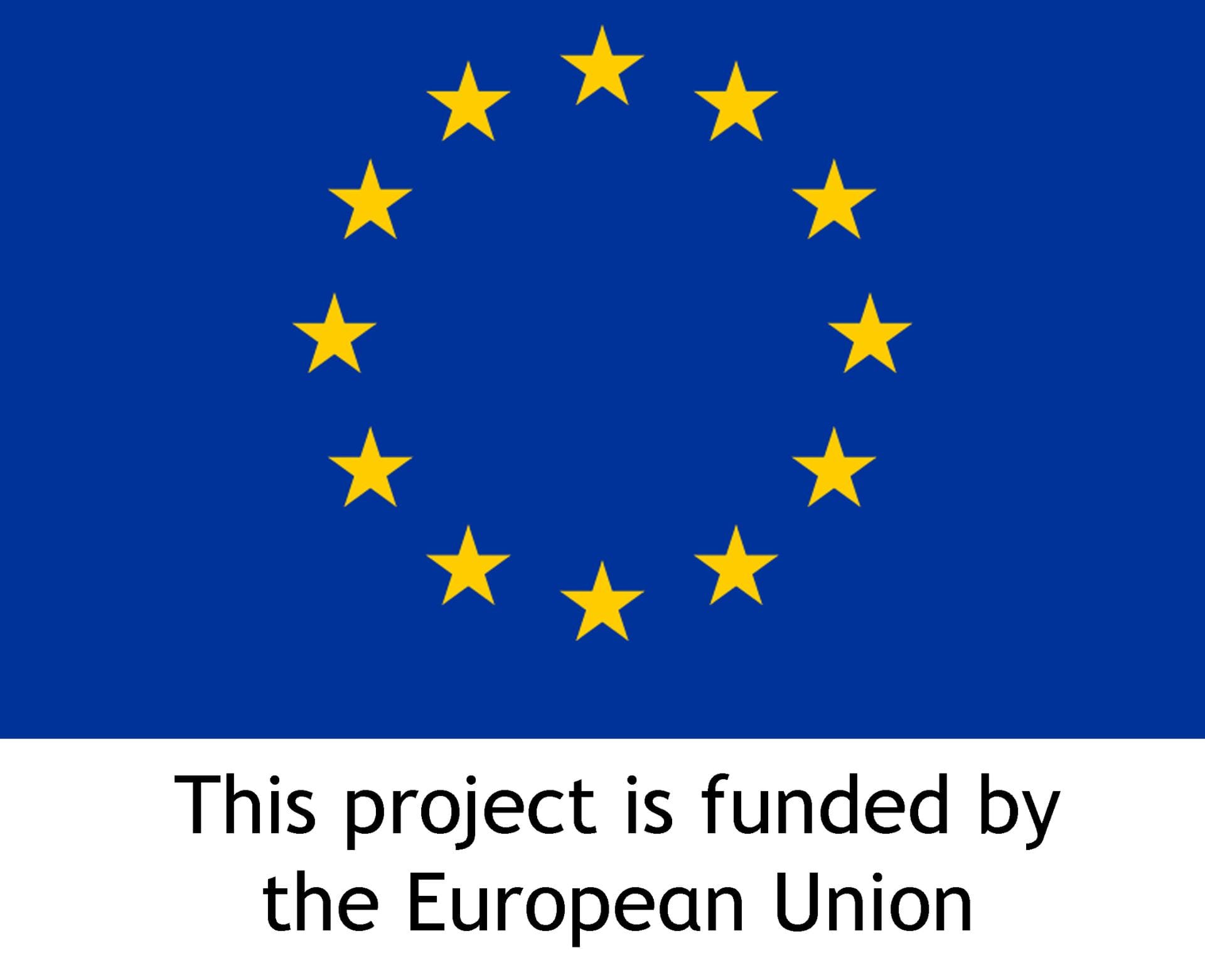
* This project has received funding from the European Union’s Horizon 2020 research and innovation programme under the Marie Skłodowska-Curie grant agreement No 797951.

* This project has received funding from the European Union’s Horizon 2020 research and innovation programme under the Marie Skłodowska-Curie grant agreement No 797951.
Related articles:
Request for prequalification Jan 17, 2025
Is this page useful?
